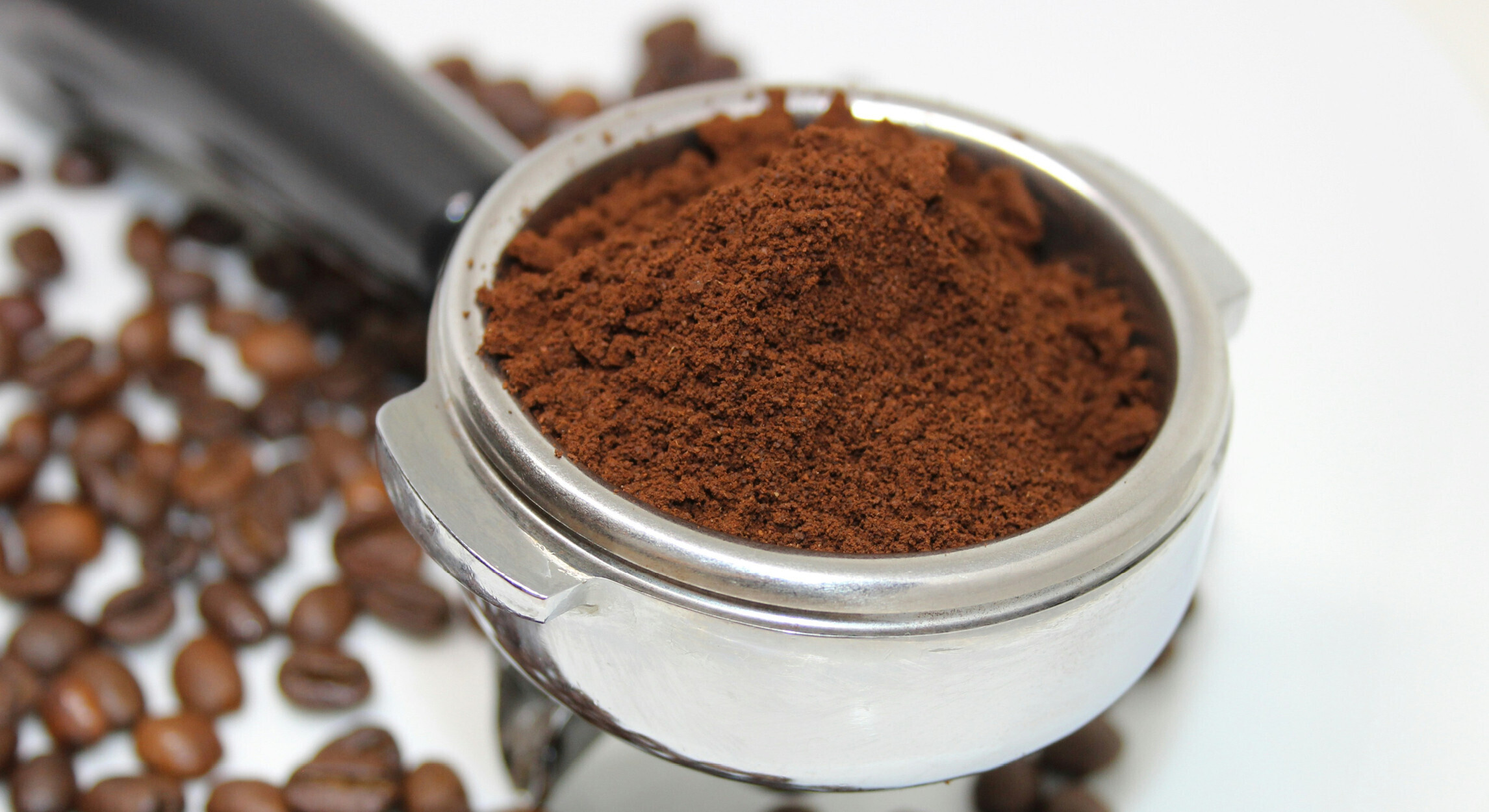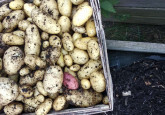Every morning, millions of people around the world start their day with a cup of coffee. This habit produces an impressive quantity of coffee grounds, often considered to be waste. However, far from being just a waste product, coffee grounds can be transformed and reused in a multitude of ways, offering innovative and environmentally-friendly solutions. This article explores the various applications for coffee grounds, from agriculture and cosmetics to the home and industry.
Agricultural and gardening uses:
- Natural fertiliser: Coffee grounds are rich in nitrogen, potassium and magnesium, all essential elements for plant growth. As a natural fertiliser, it improves soil structure, promoting water retention and aeration.
- Natural repellent: Gardeners use coffee grounds to repel pests such as slugs and snails. The strong smell of coffee also repels cats and certain insects, without harming them!
- Composting: Adding coffee grounds to a compost bin improves the decomposition of organic matter. It enriches the compost with nutrients and helps maintain a good balance between green and brown matter.
- Mushroom cultivation: Coffee grounds are an ideal substrate for growing mushrooms, particularly oyster mushrooms. It provides the nutrients they need to thrive.
Cosmetic applications:
- Skin exfoliant: Mixed with coconut oil or honey, coffee grounds become a natural exfoliant. It helps to eliminate dead cells and stimulate blood circulation, leaving the skin soft and revitalised.
- Cellulite reduction: Massages using coffee grounds are reputed to reduce the appearance of cellulite. Caffeine stimulates the breakdown of fat and improves blood circulation in the treated areas.
- Hair masks and care: Used in hair masks, coffee grounds help to exfoliate the scalp, promoting hair growth. It can also give dark hair natural brown highlights.
Household applications:
- Air freshener: Coffee grounds absorb unpleasant odours. Placing a bowl of coffee grounds in the fridge or freezer can neutralise unpleasant odours. It can also be used to deodorise shoes or cupboards.
- Abrasive cleaner: Thanks to its granular texture, coffee grounds are effective for cleaning difficult surfaces such as sinks, saucepans and hobs. It acts as a gentle abrasive without scratching surfaces.
- Candles & soaps: Coffee grounds can be incorporated into the artisanal manufacture of candles and soaps. Candles give off a pleasant coffee scent, while soaps offer an exfoliating effect.
Industrial applications:
- Biofuel: Coffee grounds contain oils that can be extracted and processed into biodiesel. This can help reduce dependence on fossil fuels.
- Building materials: Researchers have developed bricks and building materials by mixing coffee grounds with recycled polymers. These materials are lighter and provide better thermal insulation.
- Textiles: Coffee grounds are used in the manufacture of environmentally-friendly textile fibres. These fibres are incorporated into fabrics to produce clothes with anti-odour and quick-drying properties.
Ecological innovations:
- Energy production: Coffee grounds can be used in bio-digestion systems to produce biogas. This process generates renewable energy while treating organic waste in a sustainable way.
- Water filters: Research shows that coffee grounds can be used to make water filters that are effective in removing heavy metals and other contaminants. This has the potential to improve access to safer drinking water in developing regions.
Conclusion:
Coffee grounds, often perceived as mere waste, offer a multitude of innovative and environmentally-friendly uses. Whether in the garden, the home, cosmetics or industry, it offers significant benefits for the environment and the circular economy. By reusing coffee grounds, we can not only reduce our ecological footprint, but also discover creative applications that improve our daily lives. Incorporating these practices into our habits could transform our approach to organic waste and inspire sustainable solutions for the future. At Ecosystem Laboratoire, we reuse the coffee grounds we produce to make the concentrated coffees in our 'Moga' range, particularly in our gardens around the company.










